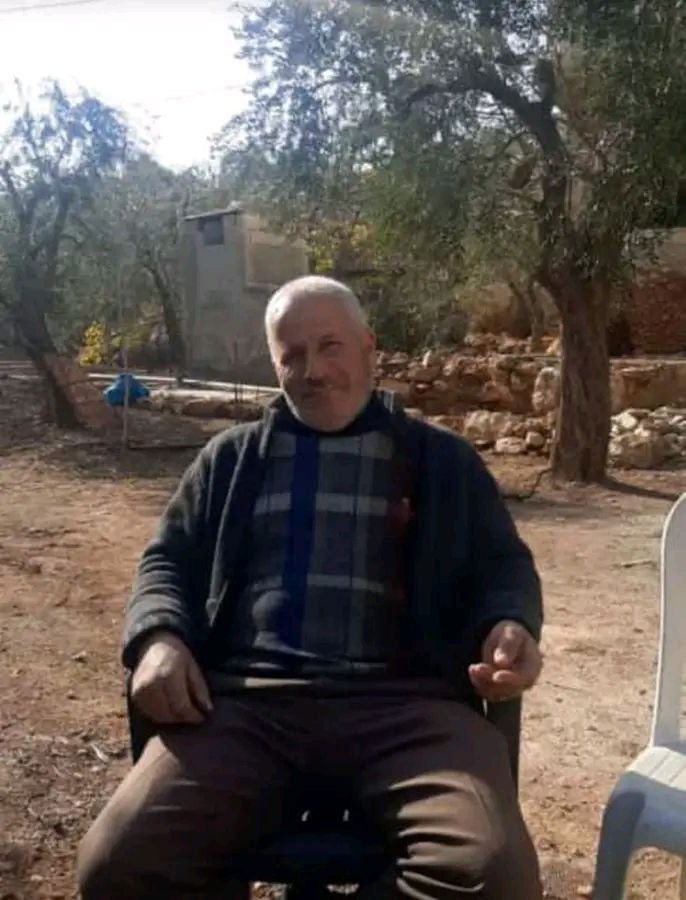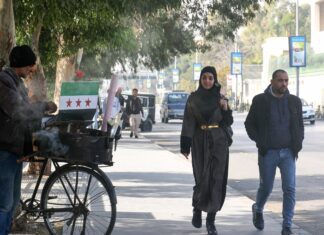
A recently released report by US Central Command (CENTCOM) sheds light on the murder of a Syrian civilian in Northwest Syria during a US counterterrorism airstrike where he was “mistakenly targeted.”
The incident, which occurred on May 3, 2023, involved a unilateral air strike conducted by the US claiming to target “a senior Al Qaeda leader.” However, less than a week after the attack the US admitted they may have mistakenly killed a civilian. In the days following the strike US officials and subsequent reports indicated the very real possibility of “a civilian casualty resulting from the strike.”
In response, General Michael Erik Kurilla, Commander of US Central Command, ordered a joint investigation to be led by Investigating Officer Brigadier General John P. Cogbill and supported by a team of senior service members and civilian employees with expertise in relevant fields, which was concluded on November 15, 2023.
According to the statement the investigative team undertook comprehensive efforts, including visits to Iraq and Jordan, and interviews with over forty witnesses, as well as engagement with non-governmental organizations (NGOs). Reviewing both classified and unclassified information, the investigation determined that US forces misidentified the intended target and inadvertently killed a civilian, Mr. Lufti Hasan Masto, instead.
Lutfi Hassan Masto, a 56-year-old shepherd, was tending to his animals in Qorqanya, a rural town in northwestern Syria, at the time of the airstrike. Described as a family man who supported his wife and twelve children by making bricks, Masto was known for his dedication to family and community, often spending his time outside work visiting his local mosque for prayer or sipping tea with loved ones on his land where was murdered. His family and neighbors vehemently deny any ties to terrorism, describing the notion as preposterous.
While the investigation found that the strike was “conducted in compliance with the law of armed conflict and relevant Department of Defense and CENTCOM policies,” it also highlighted several areas for improvement in targeting processes to mitigate potential civilian harm. CENTCOM has affirmed its commitment to learning from this incident and enhancing targeting procedures to minimize civilian casualties in future operations.
However, concerns over the incident have been raised by several lawyers and specialists consulted by the Washington Post such as Yale Law School’s international law professor Oona Hathaway and Columbia Law School’s Priyanka Motaparthy, director of the Project on Armed Conflict, Counterterrorism and Human Rights.
Hathaway notes that patterns of recklessness and misidentification in US targeted killings could be considered a violation of international humanitarian law and cautioned that the US government’s habituation of such “mistakes” demonstrates a failure to learn from past errors. Motaparthy cited the legal requirement for the US to put safeguards in place ensuring killing people based on faulty intelligence and a lack of oversight does not occur and observed that the government always claim “there was an unfortunate mistake,” when such killings all too often occur.
There were also questions regarding the delay in releasing the results of the investigation, which was completed last November yet was made only made public Thursday, nearly six months after its conclusion. Critics argue that such delays undermine transparency and accountability, leaving questions unanswered about the circumstances surrounding the incident and the military’s response.
Furthermore, the failure to provide reparations to the family of the victim has sparked debate over civil liberties and the ethical responsibility of the US government in cases of civilian harm caused by military operations. Joanna Naples-Mitchell, a lawyer previously in contact with Masto’s family, called the US to task for not compensating the family, consulting them, or exercising caution regarding accusations of ties to terrorism, even after the government doubted Masto was involved in any wrongdoing and opened an internal investigation. Despite calls for compensation, US officials have cited concerns that such funds could “inadvertently support terrorist organizations,” leaving the victim’s family without financial redress for their loss.








